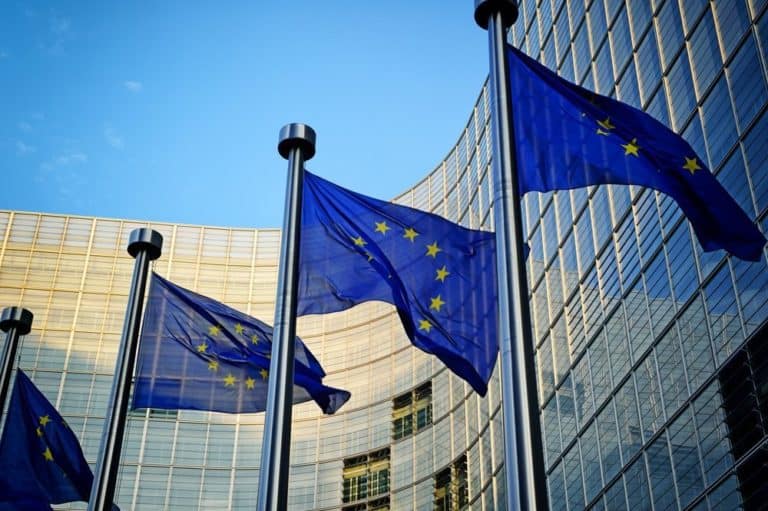Lawmakers are concerned that AI is quickly becoming “very powerful”. They suggest a global approach is needed to manage its development.
This week EU lawmakers called on world leaders to hold a summit tasked with finding ways to control the development of advanced AI systems, Reuters reported. The MEPs told Reuters that services such as ChatGPT were developing faster than expected.
The announcement was made by twelve MEPs, who are tasked with hammering out Europe‘s Artificial Intelligence Act. The draft bill is causing headaches, as the technology that it is supposed to manage keeps evolving faster than the European Parliament can write law.
The Ministers have now called on US President Joe Biden and European Commission President Ursula von der Leyen to convene a meeting, and said “AI firms should be more responsible” in how they pursue their development of the tech.
Previous pronouncements by the European Parliament have addressed incremental topics, such as the loss of copyright protection in the AI training process, and privacy issues surrounding the use of AI-driven facial recognition and biometric systems. In March, Italy imposed a temporary ban on ChatGPT due to privacy concerns.
Calls for a “time out” on AI multiply
The Ministers’ statement follows moves in the US to rein in AI development. In March, an open letter published by the Future of Life Institute (FLI) and signed by Elon Musk and other high profile tech figures, called for a six-month pause in all AI development. The letter claimed that machines could “outnumber, outsmart, obsolete and replace” humans if not controlled properly.
In addition, the Center for AI and Digital Policy (CAIDP), a US based digital advocacy group, has asked the US Federal Trade Commission (FTC) to open an investigation and then to suspend the further deployment of GPT commercial products until the company complies with the FTC Guidance for AI products.
Meanwhile, in Europe, a parliamentary committee is still debating the 108-page draft EU AI Act. They hope to reach a common position by April 26, sources said.
A spokesperson for EC President von der Leyen did not immediately respond to a Reuters request for comment.
